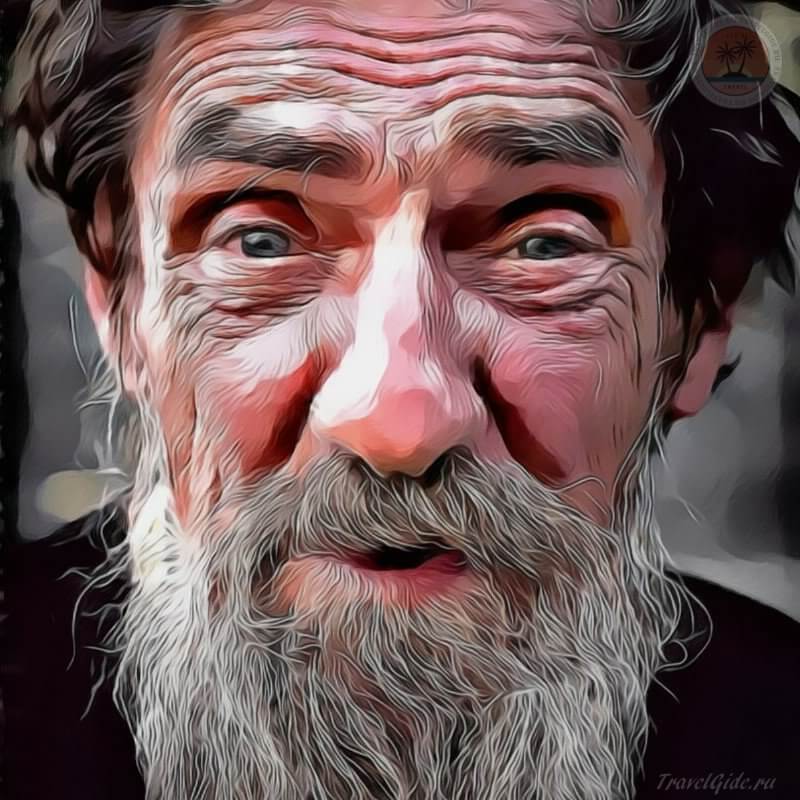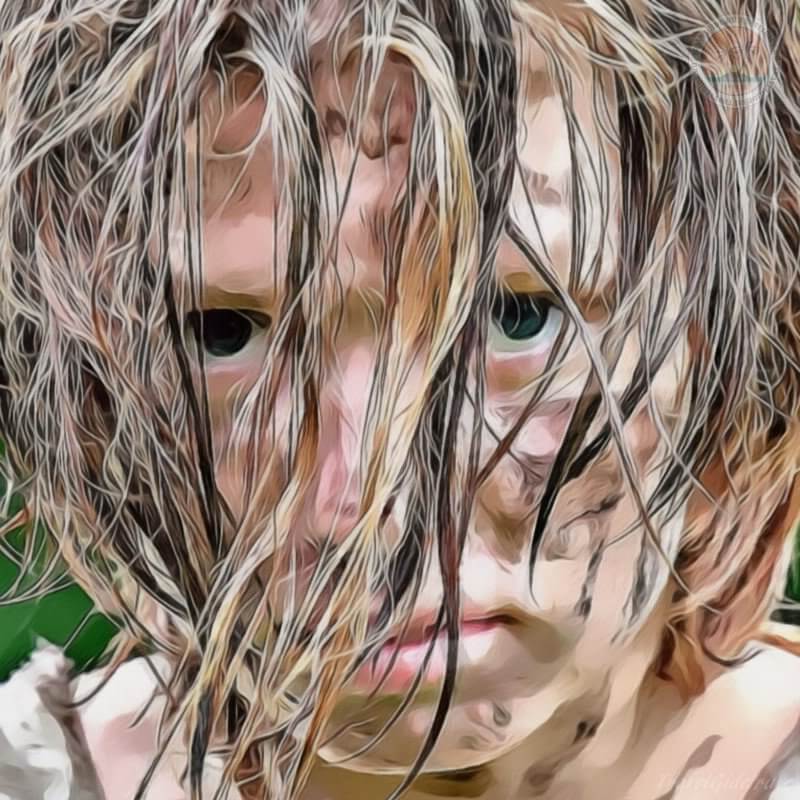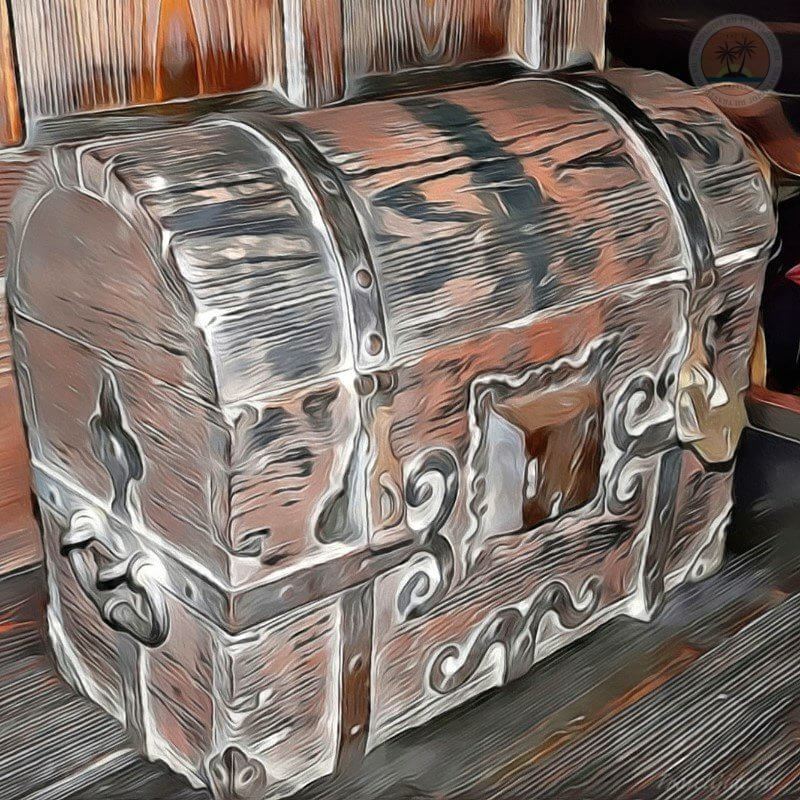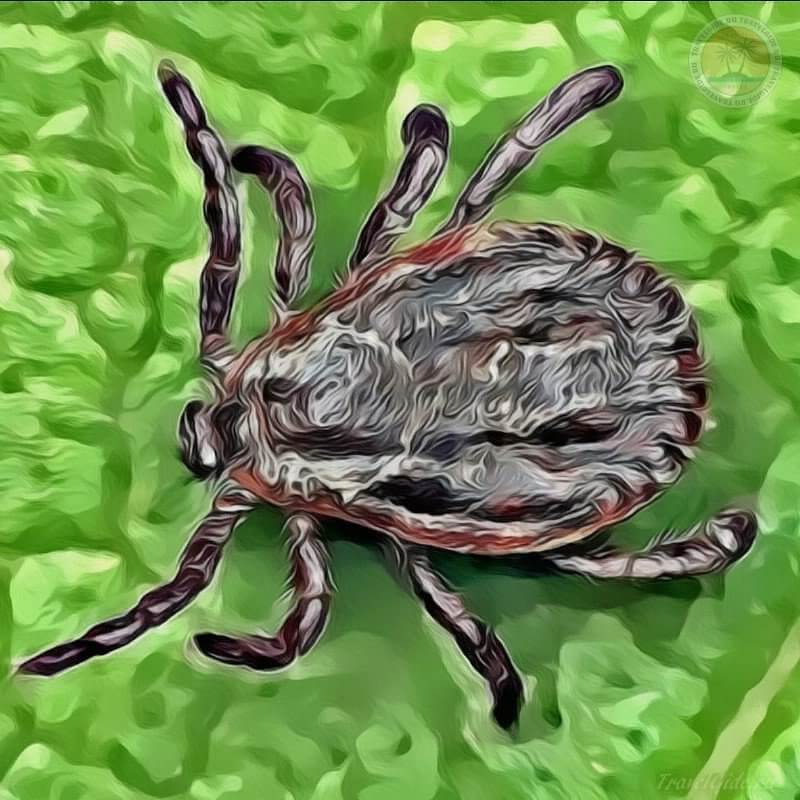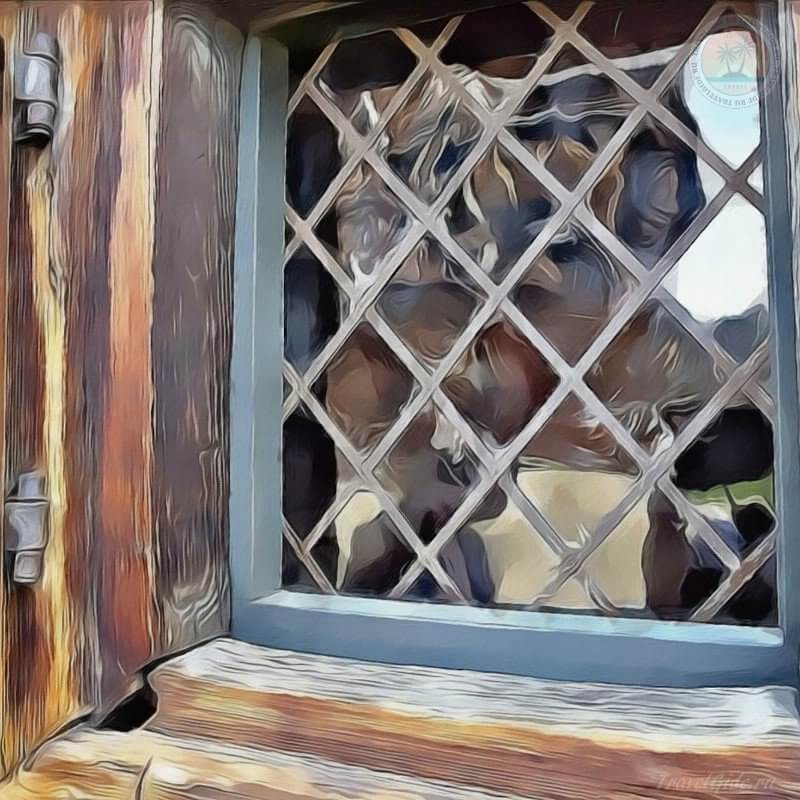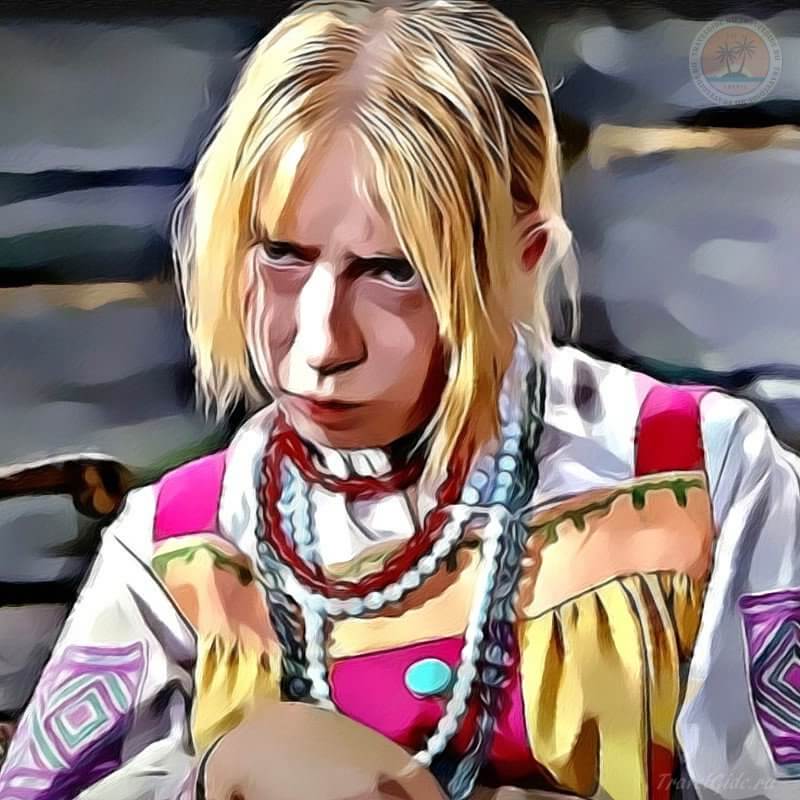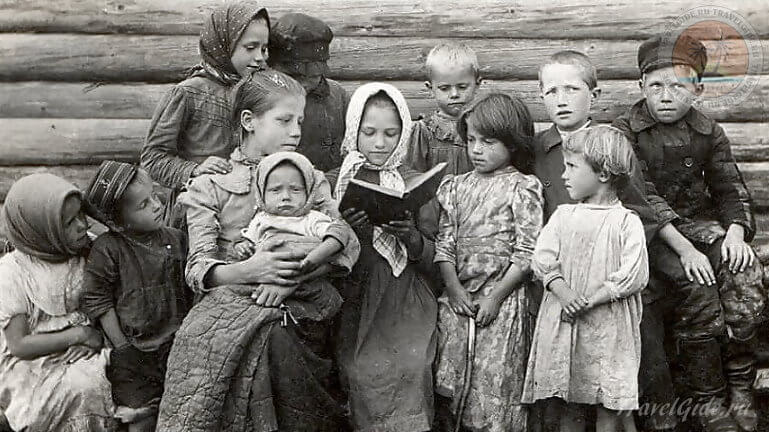
10 unusual and strange words from the old Russian language
MMany of the words that our ancestors used have long since "died". Most of them we no longer use or have gradually been replaced by other words. But still, some of these forgotten words sound so unusual that without knowing their meaning, it is difficult to understand what they are talking about. Ten funny and funny words from the old Russian language.
1. Apt old Russian word "Bazyga"
Although the word bazaga is unfamiliar to most of us, there is something elusive about it that resonates with a grumbler. In a word, bazaga means old bastard. So you can try to use it without fear of offending someone.
2. Funny Slavic word "Abukon"
The word abukon is not at all connected with some kind of horse, as it might seem at first glance. It's just a designation stone that lies near the shore and covered with water. The top of such a stone sticking out of the water in the old Russia called abik.
3 . Unusual word "Khuhryai"
What can I say, huhryay, he is khukhryay. So in the old days they called some people who did not particularly monitor their appearance and were not distinguished by cleanliness. So they called those who went disheveled, unkempt. In a word, in Rus' it was called messy.
The word khukhryay, according to Dahl, is closely related to the word khukhrit (to smooth with a dandy or to snuggle). In Novgorod, unlike Kaluga, the Khukhryaevs were simply called Khukhrya.
4. Funny word "Jerk off"
A strange word with various associations, which actually meant a spoiled person. Often the concept of jerking was applied to a pampered, well-fed child. So, jerk is minion. Old Slavic definitions are indeed strange and unusual.
5. Funny old Russian word "Sekas"
If you type the old Russian word sekas in any search engine, then in response you will receive either blurry pictures on Yandex, or an explanation from Google that this is somehow connected with the English sexy. Actually sekas meant locker or chest (chest) of large size with a lid.
6. Incomprehensible "Tsavlugi"
Tsavlugi are parasitic arachnids familiar to all of us. Simply put, this is ticks. That's what they called these small, but sometimes dangerous parasites from the Akari subclass in the old days.
7. A strange word from the old Russian language "Vagalitsa"
The word vagalica means mica. Mica - This is a mineral known since antiquity (more precisely, a mineral group), which has a layered structure and therefore was used for various household needs. Earlier in Rus', vagalitsa was used instead of glasses. It was fastened with metal or wooden plates and inserted into frames.
8. The concept of “Fefel” that is still relevant today
The word fefola has not actually disappeared from the Russian language. At least it can be found not only in Chekhov's The Seagull, but also in contemporary works by Tsvetkova, Gippius, Shchepetnov. This word meant, and still means today, women who don't take much care of their appearance and clothes, they dress tastelessly and slovenly. As noted by Dahl, fefola is an "unnecessary woman."
9. The old Russian word “Durynda”, familiar to many
Another old word that has not changed its meaning over the centuries of existence and continues to be used in literature. Dostoevsky liked to put this word into the mouths of his heroes. (Player, Imps). The word durynda means stupid person or fool. However, it is used in a kind of benevolent sense and is akin to the words fool, fool or boobie.
10. A funny word from the old Russian language "Teleluy"
Not every teleluy becomes a skunk, but many khukhryas are teleluys. In order not to get confused. If Khukhryai is a mess, then the word teleluy in Rus' was called a little stupid and slow people. Teleluy is gape or deadhead. In today's colloquial speech, the concept of a funny teleluy can be considered an analogue brake man.
PS All meanings and concepts in the article Travel Guide taken from I.V. Dahl and his Explanatory Dictionary.
